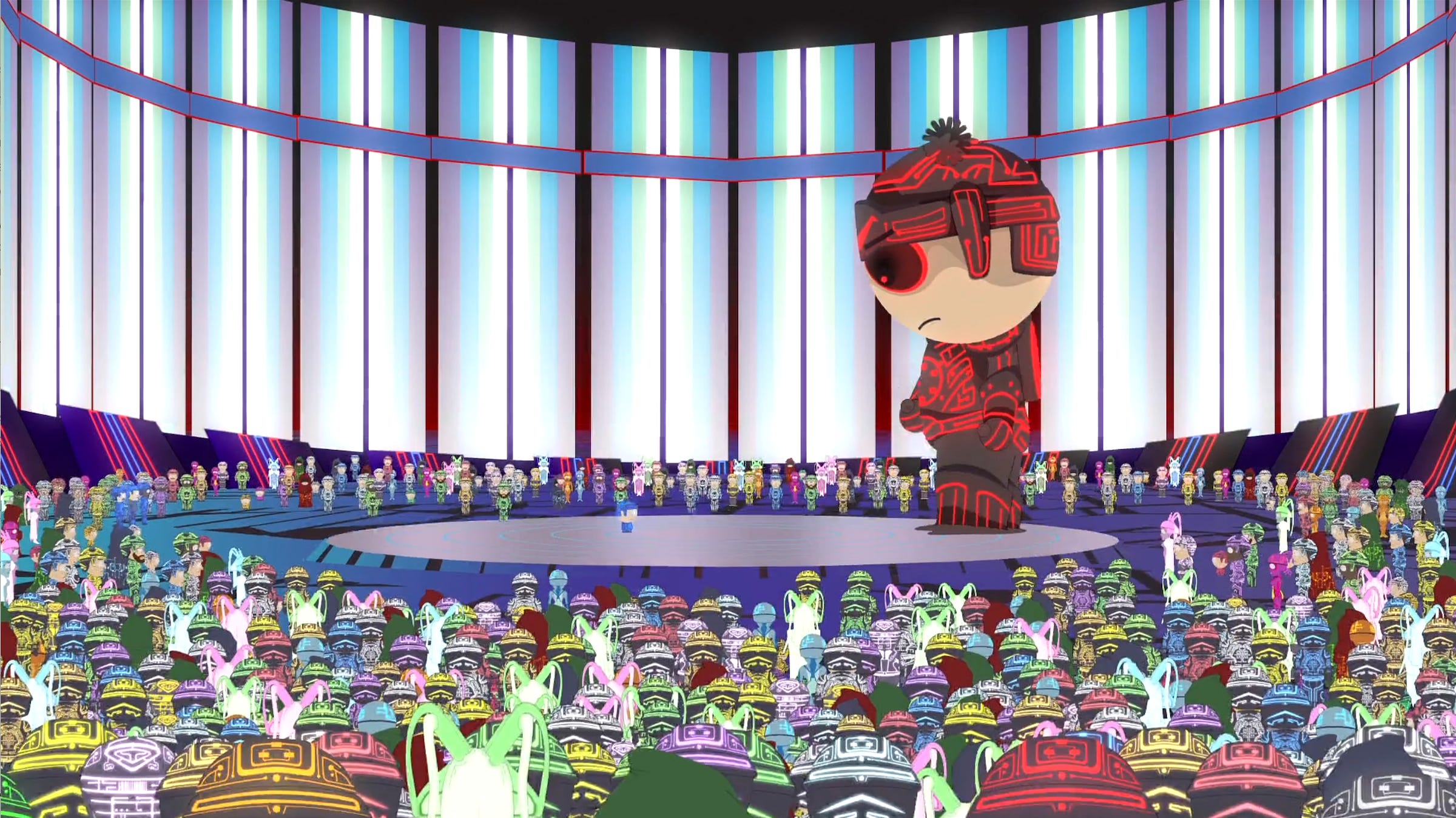Print, Electric and Digital Technology: A Microsummary of Media History
This is based on classical Marshall McLuhan theory.
Good evening,
A friend (my personal English professor) asked me to clarify the effects of print versus digital technology.
I was happy to take the assignment and thought I would share my reply, based on classical elements of Marshall McLuhan’s theories of how media impact society.
Here goes, in as few words as I can sum it up:
Note that the dominant technology affects ALL people in the society, not just the users. The prevailing technology changes the mental state of the entire society, affecting attitudes, values, self-concept, relationships and much else.
The phonetic alphabet was transformative; phonetic print technology was more rapidly and deeply transformative. Print pushed the entire notion subject-object relationships, and being able to focus on (inherently purely symbolic) letters changed the way we would see and think. These meaningless little glyphs say so much, because we learned to let them.
This, in turn (per classical McLuhan theory) cultivated what we thought of as the inner life. And that took a few thousand years from the evolution of the phonetic (not hieroglyphic) alphabet into the development of the Gutenberg press, which fostered massive widespread literacy and thus the sense of the inner subjective individual.
The effect was to detribalize mankind — a very slow process. Ordinary typographic man grasped the concept of I better than anyone, ever. There is no I in tribal.
This was unraveled instantaneously in the approximately 90 years from the telegraph to electric light to the telephone to the radio (like 1840 to 1930 — whoosh).
Communication suddenly happened in the ethers with no physical component (you cannot perfume a telegram). Part of receiving a letter from someone meant you knew they personally set pen to paper and held it in their hands. Privacy was blown apart by electrical communication (think: party lines, where multiple households shared a telephone line and the whole neighborhood could listen to your calls, not to mention the gossipy operators); light speed communication shook people to their souls.
Electric light turned night to day, blowing the inner world inside-out. Suddenly there was nowhere to hide. And if it happens to be dark, radar can see you.
The inner self was unraveled — nearly instantly. I long wondered about the effects of telegraph and you get two civil wars: North v South, and Men v Women. Radio then “beat the tribal drum” and we got the world wars.
Television subsequently spawned much of the world drama in its wake, and categorical concepts, as we knew them — from the ‘50s civil rights and beatniks (who were literate but provoked by TV and were VERY tribal) through Vietnam and the protests and the 70s right up until 9/11 (including Second Wave, Stonewall, and the “sexual revolution”).
Sad to say, these events rising to prominance were all effects of the conscousness generated by exposure to TV. Far from making people apathetic, it provoked them and gave them the idea that their lives were “like a TV show” they could direct.
Then digital emerges at full strength circa Y2K thorugh 9/11 and pushed everyone and everything balls to the wall, and swallowed all of existence and humanity whole and we now live inside a robot and for many, their avatars or virtual selves tower over their real beings.
If you have access to Amazon, try the South Park episode "You Have 0 Friends" for the most astute exposé and satire on this: being sucked into the robot, and what it does to people.
When we enter virtual space and beam back in to physical space, we are compromised from being shocked out of body and therefore out of mind. We make our tools, then we are shaped by them: this is human history in one sentence.
Marshall’s son Eric wrote in an email to me:
“The body is everywhere assaulted by all of our new media, a state which has resulted in deep disorientation of intellect and destabilization of culture throughout the world. In the age of disembodied communication, the meaning and significance and experience of the body is utterly transformed and distorted.”
This is why “the world seems so crazy” and “nothing makes sense” right now.
— efc






You Have 0 Friends is Season 14, Episode 4
PS —
Two authors not McLuhan who describe a similar theme are The Alphabet vs The Goddess: Conflict Between Word and Image by Schlain, which argues that alphabetic technology kind of conquered the feminine mind;
...and The Origins of Consciousness in the Breakdown of the Bicameral Mind by Jaynes (which McLuhan utterly panned in a humorous, blistering review in the Globe and Mail) a book which describes what happened to the mind under the thrall of speech and the alphabet: self-awareness.
McLuhan still gives the best and most compelling rendering of the effect but others are onto it. He tackles a logical issue in Jayne’s book; but I still think Janye offers a compelling thesis (though his book is VERY long). McLuhan ends that review, which I have somewhere, with a joke: "it makes as much sense as Women’s Lib in the time of potential nuclear annihilation.”